Shah Cheragh attack: Suspect reveals new details of Daesh terror plot
One of the men accused of aiding the key perpetrators of the Shah Cheragh terrorist attack last October, which was claimed by the Daesh Takfiri group, has confessed to participation in the dastardly crime and membership of the group.
His remarks came on Wednesday during the latest session of a court in the southwestern Iranian city of Shiraz that is hearing the high-profile case.
On October 26, 2022, an armed terrorist barged inside the revered holy shrine in Shiraz, killing 15 pilgrims, including women and children, and injuring dozens before he was arrested by security forces.
The terrorist was later pronounced dead at a hospital, succumbing to injuries sustained during the attack that sent shockwaves across the country.
A few suspects were immediately nabbed and some two weeks later the Intelligence Ministry announced the arrest of 26 Takfiri terrorists for involvement in the attack. The statement said the men were nationals of the Republic of Azerbaijan, Tajikistan and Afghanistan, and none of them are Iranians.
At the court hearing on Wednesday, the third suspect identified as Naeim Hashem Qetali, an Afghan national, said that he joined Daesh terrorist group when he was still in Afghanistan.
He came to Iran in search of a job but later was asked to host a guest by one of the ringleaders of Daesh in Afghanistan that he identified as Abdullah Saeed.
He confessed to making preparations for supporting the prime attacker in Tehran and pleaded guilty to directly helping the attacker and financially supporting members of the group.
However, he claimed that he had no prior knowledge of the details of the terrorist attack, one of the worst Iran has seen since the 1979 Islamic Revolution.
The court has accused him of aiding and abetting "corruption on earth" through financial participation and support for Daesh elements in Iran.
The court hearings are set to continue in the coming weeks with Iranian officials vowing to punish all perpetrators of the dastardly attack.
Leader of the Islamic Revolution Ayatollah Seyyed Ali Khamenei, in a message on October 27. pledged that the perpetrators of the “outrageous” crime will definitely face punishment.
“The grief of these dears and desecration of the shrine of Ahl al Bayt will, however, not be compensated unless through tracking these disastrous acts back to where they originate from and through adopting decisive and wise measures against it," he said at the time.
The attack came amid the resurgence of the Daesh terrorist group in neighboring Afghanistan, with many observers believing that the vacuum created by the withdrawal of US-led coalition forces in the country paved the way for the group.
Daesh, which received heavy blows from Iranian forces in Syria and Iraq, has been eyeing an opportunity to compensate for the losses it sustained in recent years. The recent Western-supported violent riots across Iran provided that opportunity to the group.
The riots broke out following the death of a 22-year-old Iranian woman named Mahsa Amini in a hospital in Tehran, three days after he fainted at a police station in the Iranian capital.
An official report by Iran’s Legal Medicine Organization concluded that Amini’s death was caused by illness rather than alleged blows to the head or other vital body organs.
Iran’s intelligence community has said several countries, including the United States and the UK, have used their spy and propaganda apparatuses to provoke violent riots in the country.
Rioters went on a rampage, brutally attacking security officers and causing massive damage to public property. Dozens of people and security personnel were killed in the riots.
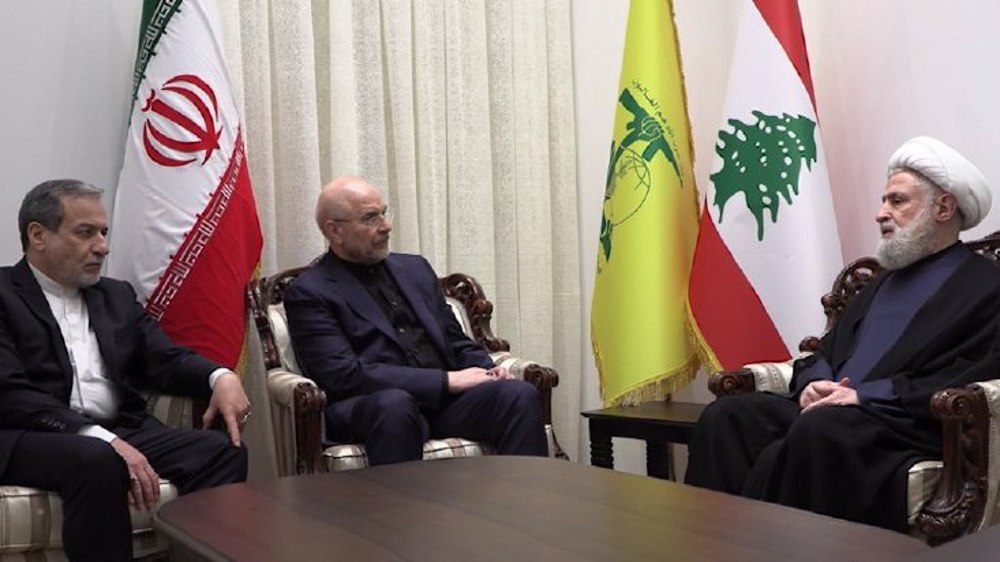
Iran’s parliament speaker, foreign minister meet Hezbollah chief in Beirut
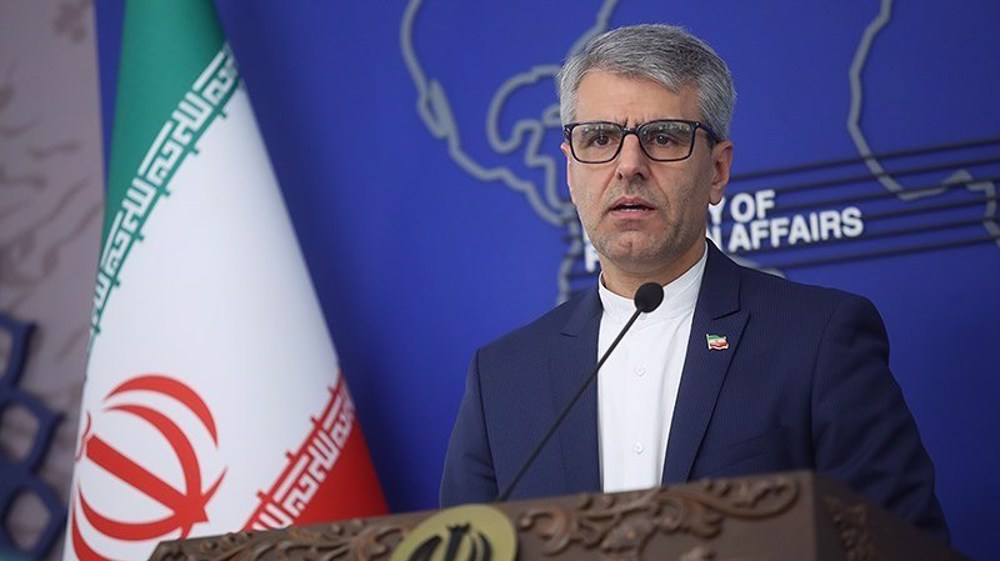
Iran: New sanctions show US 'hostility to well-being' of Iranians
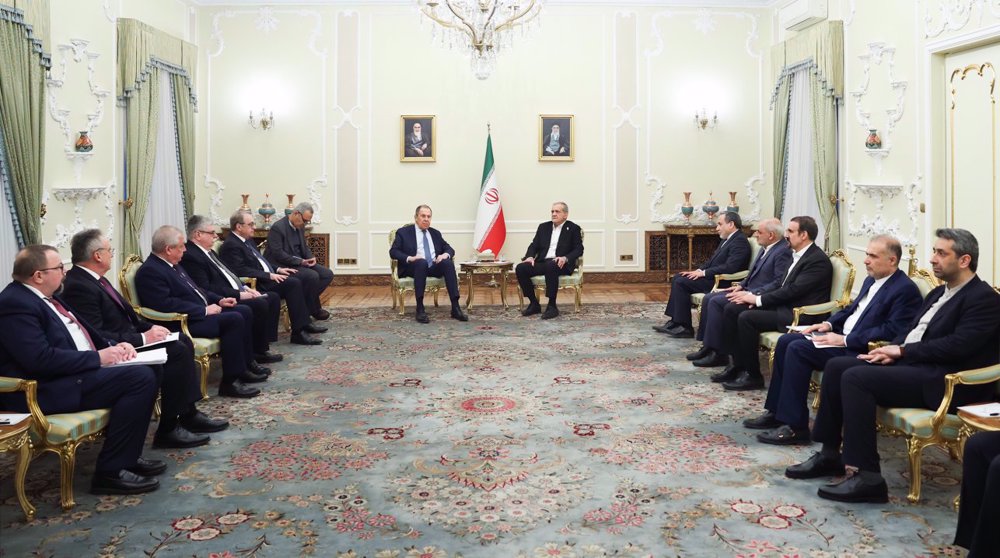
Iran’s president vows to accelerate cooperation with Russia
Two Israeli spying devices found, neutralized in southern Lebanon
Israel has ‘no choice but to start negotiations’ on 2nd phase of ceasefire: Hamas
Iranian intelligence forces bust Takfiri terror network, seize weapon cache
VIDEO | Press TV's news headlines
VIDEO | US police brutality
Palestinian prisoners freed as Hamas releases bodies of Israeli captives
Trump sparks outrage with AI-generated ‘Gaza Riviera’ video
VIDEO | World pays tribute to ‘victim of refusal’ to US-Israeli genocide


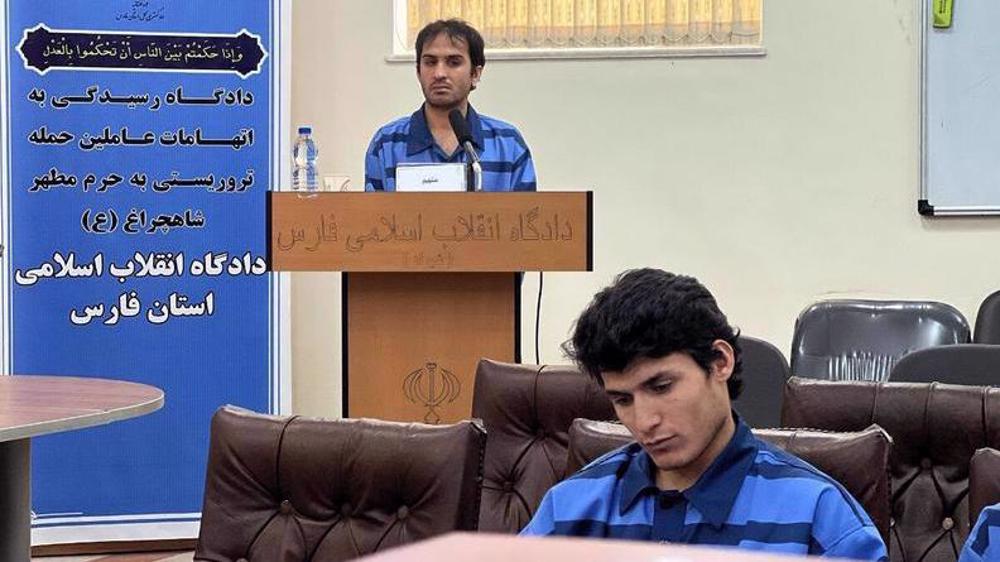
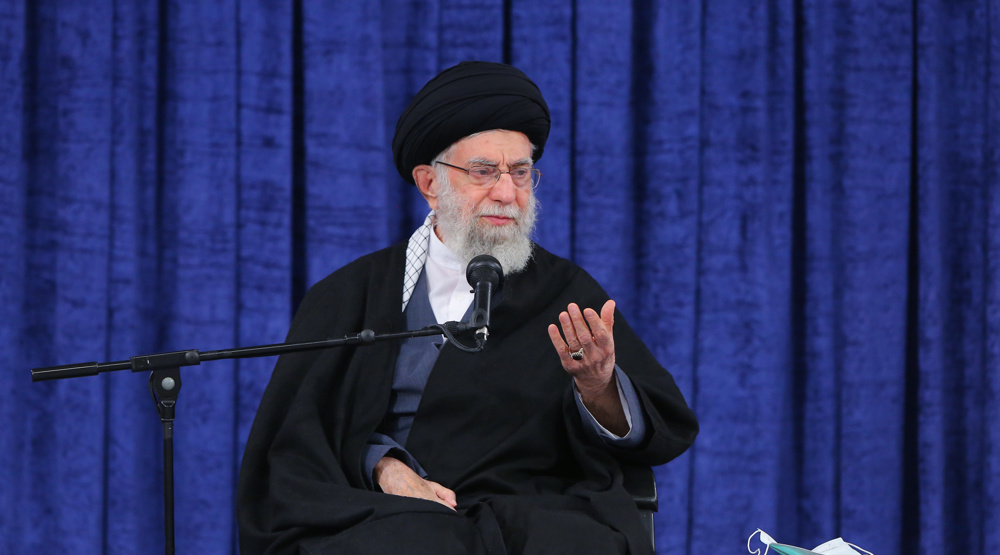



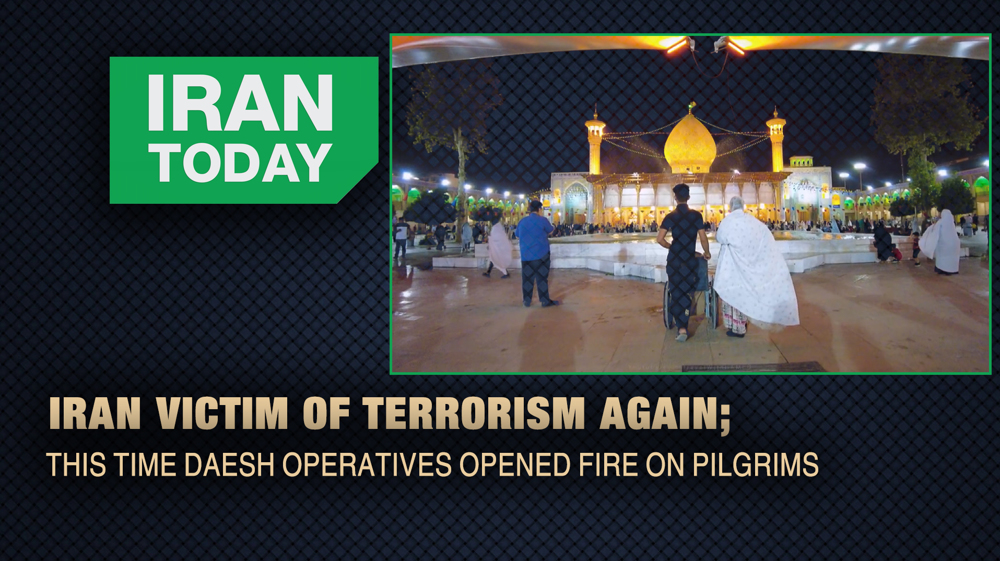
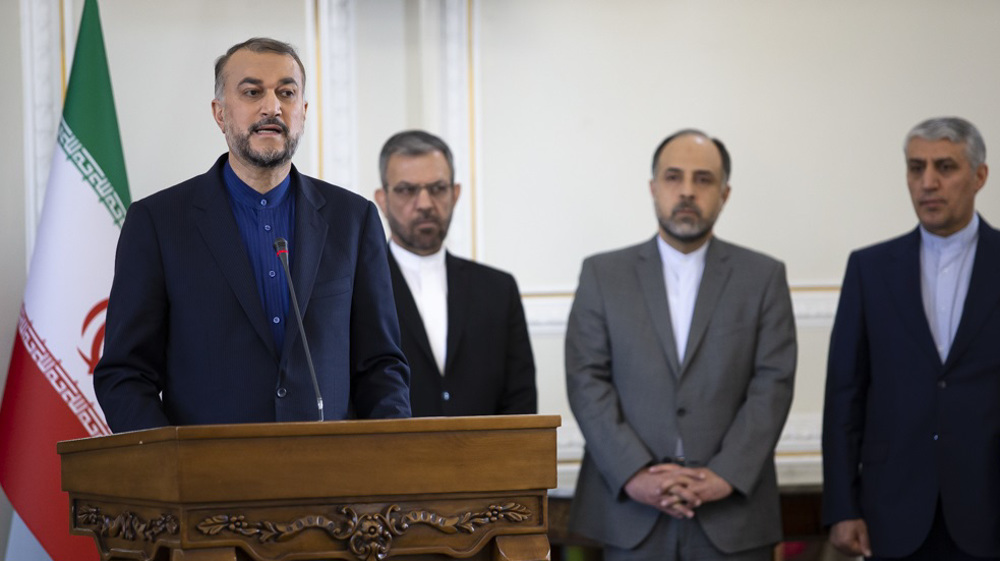
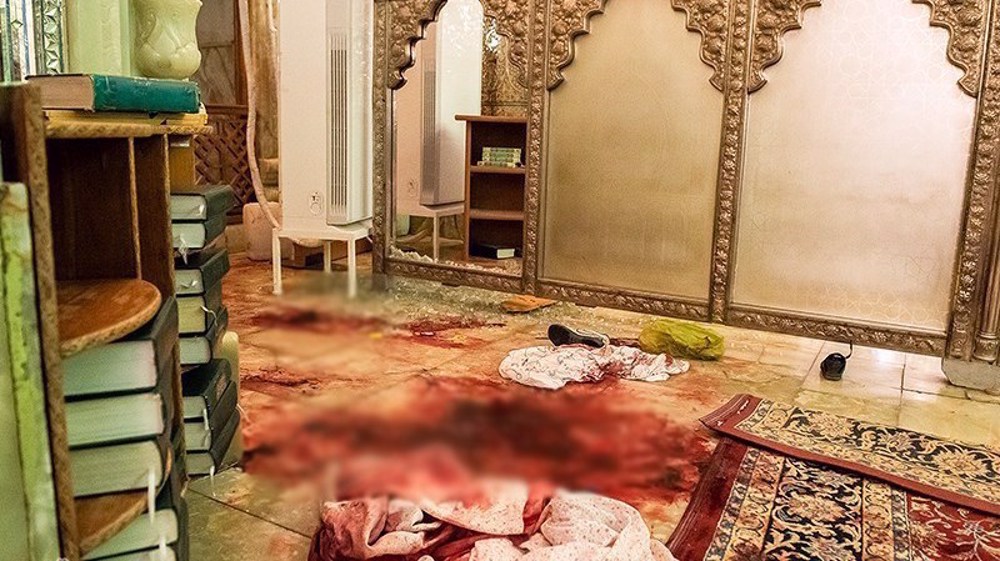
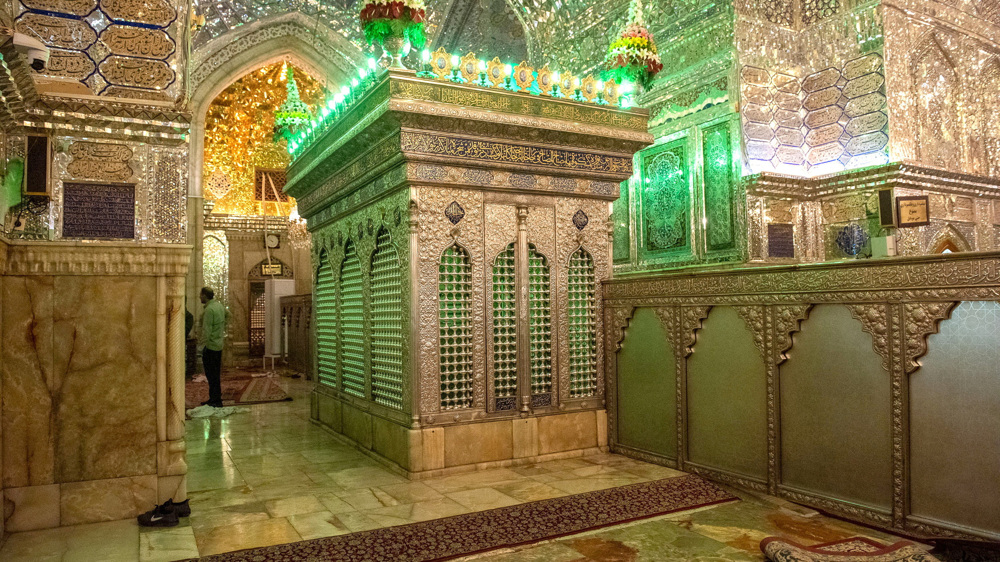
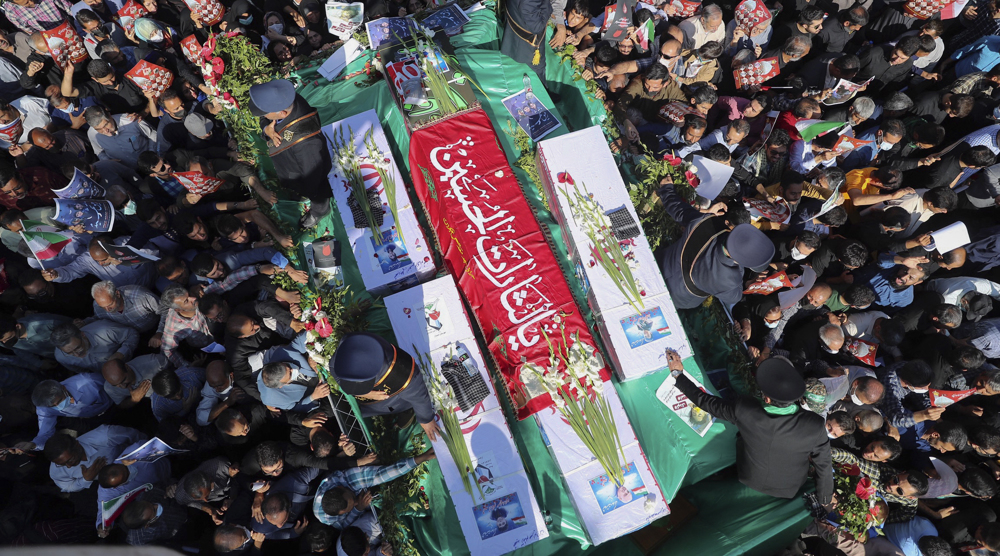
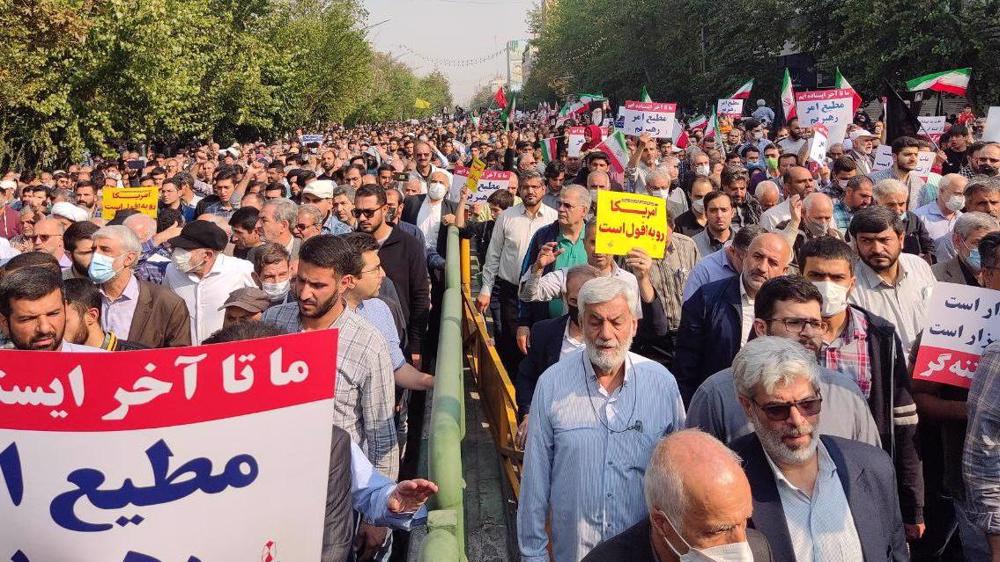
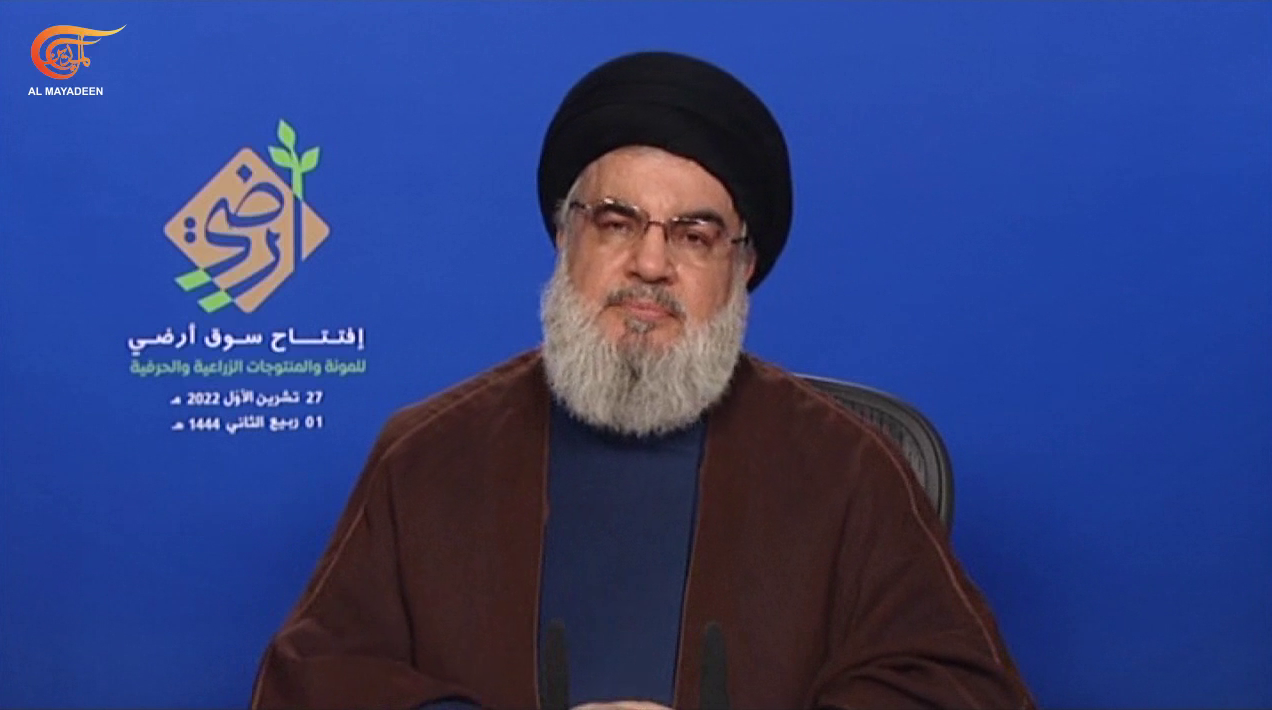
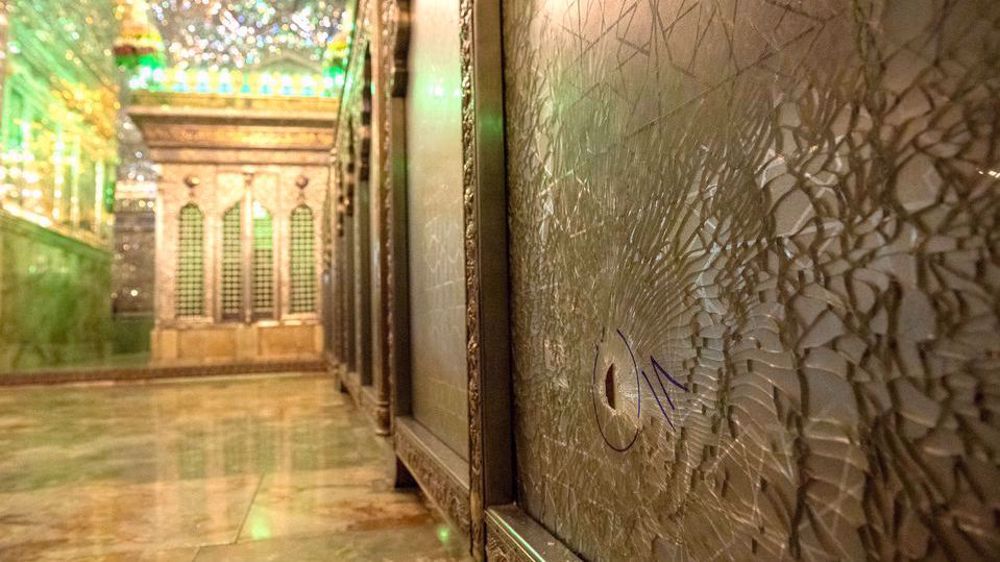

 This makes it easy to access the Press TV website
This makes it easy to access the Press TV website